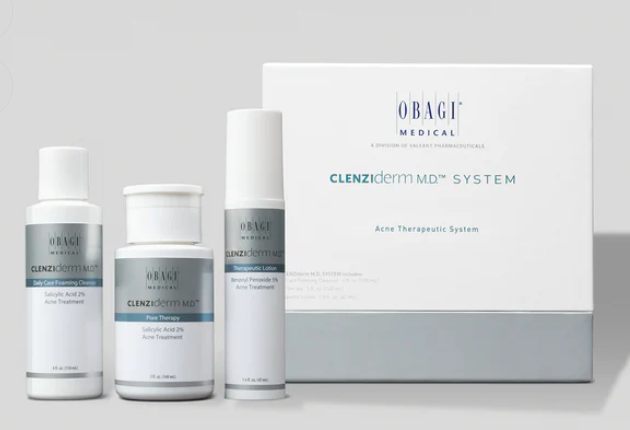Table of Contents
When you’re pregnant, the primary concern is your health and that of your developing baby. While some skincare products may be harmless to non-pregnant women, some ingredients could potentially harm you and your infant. Consider using products like the best vitamin C serum for face and body, which have been tested and deemed safe for pregnant women. Here are common skincare ingredients to avoid during pregnancy:
1. Retinol
Retinol is a form of vitamin A commonly found in anti-aging creams, lotions, and serums. It works by boosting elastin and collagen production, helping reduce the appearance of wrinkles and fine lines. The major issue with retinol is that medical experts are yet to understand how much vitamin A a developing fetus needs.
When you use products with this ingredient, you risk exposing your baby to excessive vitamin A, which could cause congenital disabilities. To be safe, avoiding retinol products during pregnancy and while breastfeeding would be best.
2. Hydroquinone
Hydroquinone is a common skin-lightening agent in brightening creams, gels, and lotions. This ingredient inhibits melanin production, making your skin look brighter and even-toned. Medical experts advise against using products with this compound because the skin absorbs it at a higher rate than other products.
The absorbed hydroquinone can pass through the skin and reach your fetus, potentially harming it. The best vitamin C serum for face and body is an excellent alternative because it has similar skin-brightening effects without the risks associated with hydroquinone.
3. Phthalates
Phthalates are synthetic chemicals used in lotions, moisturizers, and makeup products to help them penetrate the skin. Phthalates are known endocrine disruptors, meaning they can disrupt your body’s hormonal balance. This disruption could lead to an increased risk of birth defects and other health issues in pregnant women.
If you’re pregnant, read labels carefully to determine products that contain phthalates and avoid them as much as possible. They’re not worth the risk to your developing baby.
4. Salicylic Acid in High Amounts
Pregnant women develop skin issues like dryness and acne due to hormonal changes. Some women turn to products containing salicylic acid to help ease these concerns, an ingredient known for its exfoliating and anti-inflammatory properties. This compound can affect the baby’s development if used in high concentrations.
When shopping for skincare products, look for those with low concentrations of salicylic acid or avoid it altogether. Vitamin C serum is a safe and effective alternative for treating skin problems caused by pregnancy.
5. Parabens
Parabens are preservatives that manufacturers use in personal care products to increase their shelf life. They also promote better product absorption, making them an attractive choice for most skincare brands.
This ingredient can disrupt your body’s natural hormone production, increasing the risk of congenital disabilities and other health complications. Some risks of using parabens during pregnancy include miscarriage, obesity, and developmental issues for your infant.
6. Oxybenzone
Oxybenzone is an ingredient found in sunscreen products, protecting your skin from the damaging sun’s rays. It absorbs UV rays and dissipates them, preventing them from penetrating your skin. While this is beneficial, using products with oxybenzone can be risky during pregnancy. It’s a known endocrine disruptor, and when absorbed by your skin, it can reach your baby and cause health issues.
Avoid chemical sunscreens and opt for natural options like using a hat or umbrella to protect yourself from the sun. You can return to your regular sunscreen products after completing breastfeeding.
7. Formaldehyde
Some manufacturers use formaldehyde as a preservative to prevent bacteria formation. Not many skincare products contain this particular ingredient, but if you find one with formaldehyde in its ingredients list, avoid it, especially during pregnancy and breastfeeding.
The risks associated with using this compound include premature birth, low birth weight, and congenital abnormalities. It may also increase the risk of a miscarriage. Choose products with natural preservatives or opt for organic skincare lines for your safety.
Choose the Best Vitamin C Serum for Face and Body
These are some of the ingredients to avoid when pregnant. Since two lives are involved, read labels carefully and only use products deemed safe during pregnancy. A quality vitamin C serum for face can help keep your skin healthy and glowing while avoiding dangerous chemicals. If you’re unsure about a particular product, consulting your doctor is the best way to make safe choices for you and your baby.


